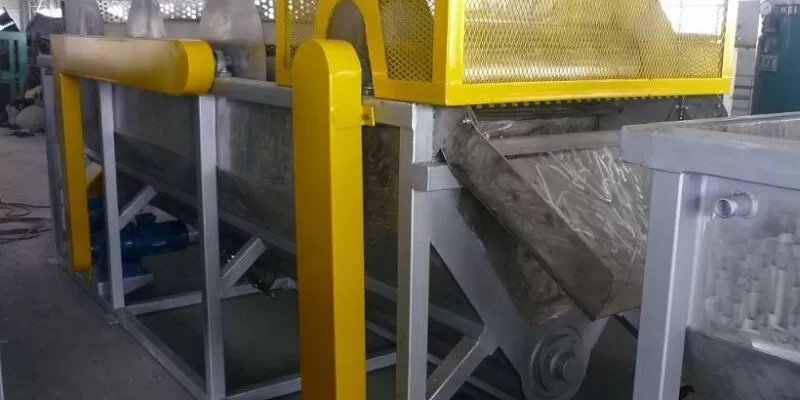As the CEO of Amige, a company dedicated to sustainable solutions for plastic waste, I am deeply concerned about the state of environmental pollution in Argentina, particularly regarding plastic waste. Argentina, like many countries, is facing a significant challenge with plastic pollution, which has serious implications for the environment and public health.

Argentina generates a substantial amount of plastic waste, with only 6% of it being recycled. The rest often ends up in landfills or, even worse, in rivers and oceans, contributing to marine pollution. This situation calls for urgent action to improve recycling rates and reduce the environmental impact of plastic waste.
Recycling Efforts in Argentina Despite the challenges, Argentina has made some progress in recycling plastics. The government has implemented various initiatives to promote recycling and reduce plastic waste. One such initiative is the implementation of Extended Producer Responsibility (EPR) programs, which require producers to take responsibility for the disposal and recycling of their products.
Another key effort is the establishment of recycling cooperatives, where waste pickers collect recyclable materials, including plastics, for processing and sale. These cooperatives not only help reduce waste but also provide employment opportunities for marginalized communities.
Challenges and Opportunities While these efforts are commendable, Argentina still faces several challenges in recycling plastics. Lack of infrastructure, insufficient collection systems, and limited awareness among the public are some of the major hurdles. Additionally, the low market value of recycled plastics compared to virgin plastics makes recycling less economically viable.
Government and Industry Partnerships To address these challenges, partnerships between the government, industry, and civil society are essential. The government can provide incentives and support for recycling initiatives, such as tax breaks for companies that use recycled materials in their products. Industry players can also play a significant role by investing in recycling infrastructure and developing innovative recycling technologies.
Education and Awareness Increasing public awareness about the importance of recycling and proper waste management is crucial. Educational campaigns can help change consumer behavior and encourage people to reduce, reuse, and recycle plastics. Schools, media outlets, and community organizations can all contribute to raising awareness about environmental issues.
Conclusion While Argentina has made progress in recycling plastics, there is still much work to be done. By implementing effective policies, fostering partnerships, and raising awareness, Argentina can improve its recycling rates and reduce the environmental impact of plastic waste. As a company committed to sustainability, we at Amige are ready to support these efforts and contribute to a cleaner, healthier environment for all.
